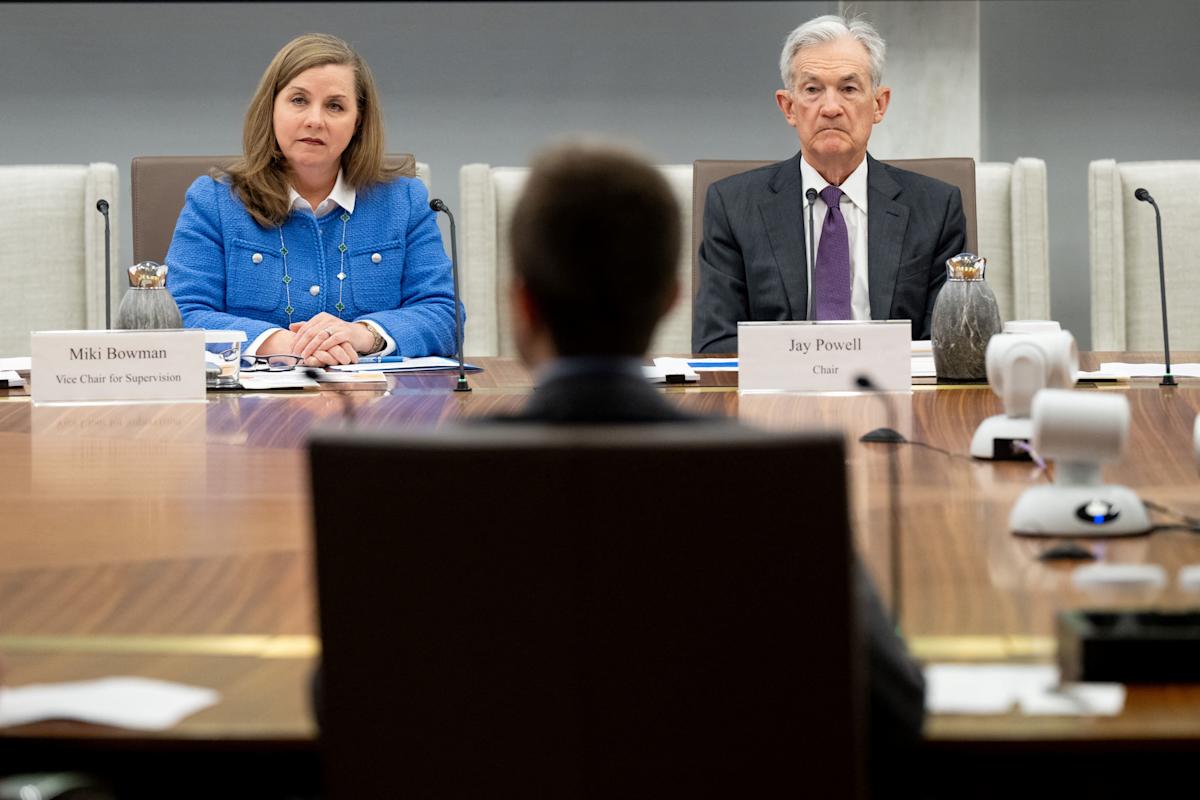A new polling average for President Donald Trump’s initial job approval rating shows that the numbers are currently working against him, ranking him lower than any newly elected president since World War II. Ironically, his own first term in 2017 serves as an exception.
President Donald Trump only outscores himself in net approval ratings
According to the 11 polls released since the January 20 inauguration, as reported by ABC News, his average approval rating nearly hits 50%, while 43% of respondents disapprove of all that he has done so far as the POTUS. This brings his net approval rating to +7% points. On the contrary, Trump started off his first term in 2017 with a 44.6% approval rating and a 41.4% disapproval counterpart, bringing the net result to +3.2%.
Trump’s predecessor, former President Joe Biden however, began his presidency at nearly +22% in 2021. Meanwhile, Barack Obama’s net score in 2009 was around 47% and George W Bush’s in 2021 was approximately +28%.
Americans in favour of Trump’s political moves
President Trump is currently leading the presidency with his flagship concerns tied to immigration. An Associated Press/NORC poll found earlier this month that the vast majority of adults were in favour of deporting immigrants “who have been convicted of a violent crime.” Meanwhile, the support for a crackdown on the number of immigrants coming to America is mounting high, with the focus redirected to finishing the wall along the US-Mexico border, aiming to declare a national border emergency.
What is not working for Donald Trump
While there’s a good chance that Donald Trump’s presidency will be favoured more down the line, confidence is low at the moment. What particularly has the potential to blow up in the POTUS’ face is the pardoning of people who forcefully entered the US Capitol on January 6, 2021, unleashing a series of violent crimes. The AP/NORC poll states that only 21% of adults are in favour of these individuals being let off easy.
The Republican president’s decision to sever ties from international climate agreements was also marked as unpopular. In a January 2-10 Ipsos/New York Times poll, 55% of Americans were not in favour of ending birthright citizenship.
Ultimately, his future decisions also have the power to knock down the approval ratings as time passes, a feature commonly witnessed as the US government shifts away from the ideology of the average voter—a pattern that has remained consistent for the last 80 years.

